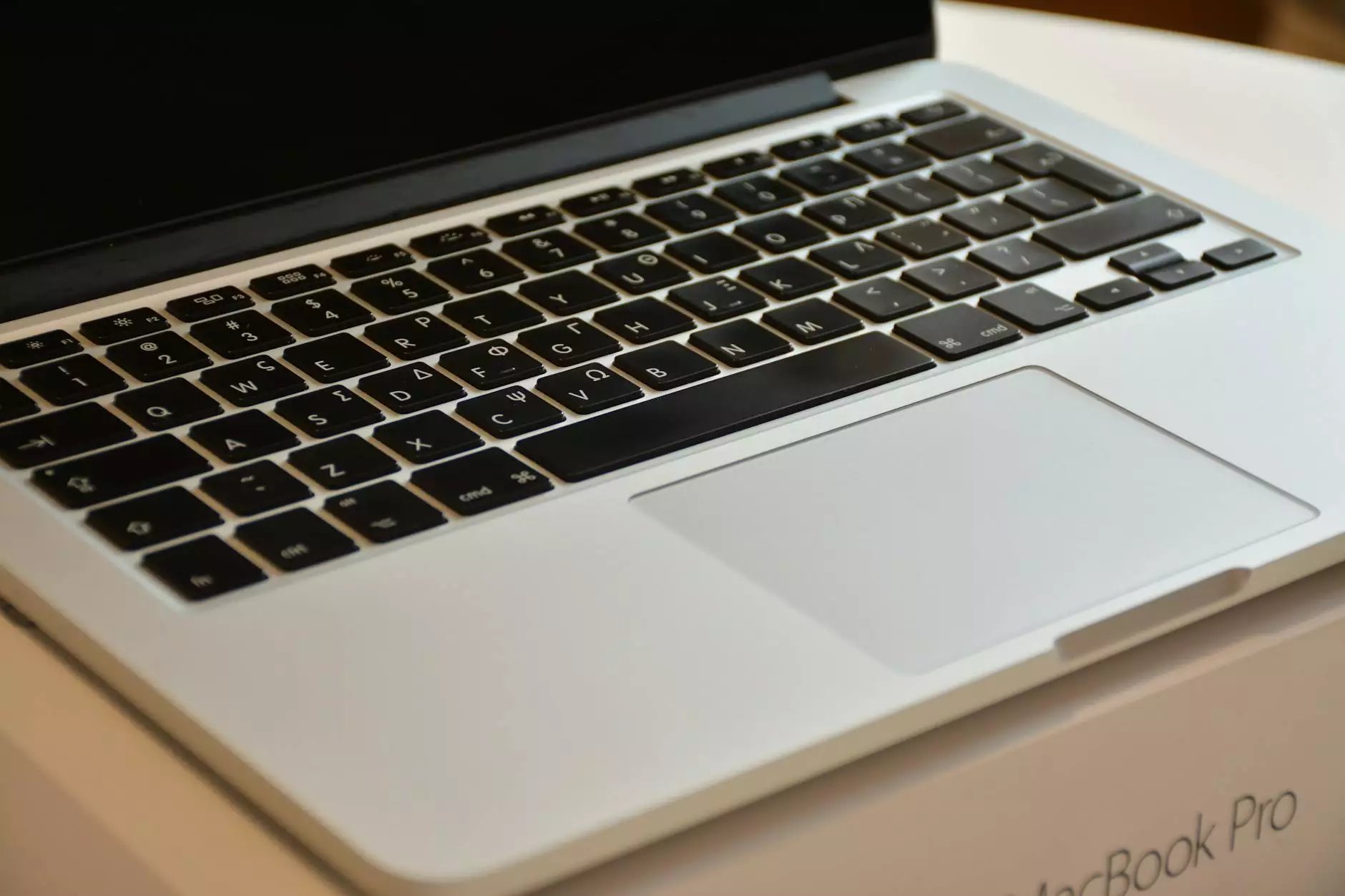Understanding and Managing Sweaty Hands

Sweaty hands, also known as palmar hyperhidrosis, is a condition that affects many individuals and can significantly impact their quality of life. The overwhelming feelings of anxiety and discomfort that accompany this condition can lead to social withdrawal and a decrease in self-esteem. In this article, we will explore the medical treatment options available for sweaty hands and how Neumark Surgery specializes in resolving this often embarrassing issue.
What is Hyperhidrosis?
Hyperhidrosis is a medical condition characterized by excessive sweating, beyond what is necessary for regulating body temperature. While it can affect various parts of the body, including the armpits, feet, and face, sweaty hands can be particularly problematic in social and professional situations.
The Impact of Sweaty Hands on Daily Life
For those suffering from sweaty hands, performing simple, everyday tasks can become challenging. Consider the following scenarios:
- Shaking hands: A firm handshake is often viewed as a sign of confidence, but for individuals with sweaty hands, the fear of this interaction can be daunting.
- Handling paperwork: The inability to manage paperwork without smudging ink can be incredibly frustrating and cumbersome.
- Using technology: Touchscreens and keyboards can become challenging to use when hands are excessively sweaty, impacting productivity.
- Personal relationships: The social stigma surrounding hyperhidrosis can lead to feelings of isolation and embarrassment.
Medical Treatment for Sweaty Hands
Fortunately, there are several medical treatments for sweaty hands that can help alleviate this condition. At Neumark Surgery, we offer a variety of solutions tailored to meet the individual needs of our patients, ensuring effective results.
1. Antiperspirants
Prescription-strength antiperspirants containing aluminum chloride are often the first line of defense for those suffering from sweaty hands. These products work by blocking the sweat glands, thus reducing the amount of sweat produced.
- Effectiveness: Many patients experience a significant reduction in sweating with proper usage.
- Application: Best applied at night before bed to allow for maximum absorption.
- Side Effects: Potential skin irritation; consult with your doctor if you experience discomfort.
2. Iontophoresis
Iontophoresis is a non-invasive technique that uses electrical current to reduce sweating. During treatment, electrodes are placed on the hands, and a mild electrical current is passed through water, which helps block the sweat glands.
- Frequency: Typically, treatments are recommended several times a week for optimal results.
- Time Commitment: Each session lasts about 20-30 minutes.
- Effectiveness: Many patients report a noticeable decrease in sweat production after a series of treatments.
3. Medications
Oral medications such as anticholinergics may be prescribed to help reduce sweating. These medications work by interfering with the signals to the sweat glands.
- Examples: Scopolamine and Glycopyrrolate are common examples.
- Side Effects: Possible side effects include dry mouth, blurred vision, and constipation; discuss these with your physician.
4. Botox Injections
Botulinum toxin (Botox) injections have been proven to be an effective treatment for hyperhidrosis. Botox works by blocking the nerves responsible for activating sweat glands.
- Longevity: Effects can last from 4 to 12 months, with repeat treatments necessary.
- Procedure: Typically performed in-office and takes about 10-15 minutes.
- Results: Patients often notice a marked decrease in sweating as early as a few days after treatment.
5. Surgical Options
For severe cases of hyperhidrosis that do not respond to other treatments, surgical intervention may be considered. One common procedure is endoscopic thoracic sympathectomy (ETS), which involves cutting the nerves that supply the sweat glands in the hands.
- Effectiveness: This approach can provide significant relief for those with debilitating symptoms.
- Risks: As with any surgery, there are risks involved, including compensatory sweating in other areas.
- Consultation: Patients should discuss potential risks and benefits with a qualified surgeon, such as those at Neumark Surgery.
Choosing the Right Treatment
Choosing the right treatment for sweaty hands involves a comprehensive evaluation and discussion with a specialist. Factors to consider include:
- The severity of the condition: How much is it impacting your daily life?
- Previous treatments: Have you tried other solutions without success?
- Personal preferences: Are you looking for non-invasive options or are you open to surgical solutions?
Support and Resources
Living with hyperhidrosis can be challenging, and seeking support can be beneficial. There are numerous organizations and support groups available for individuals to share their experiences and coping strategies. At Neumark Surgery, we also provide resources to help our patients navigate their treatment journey.
Conclusion
In conclusion, medical treatment for sweaty hands is not only possible but can be incredibly effective in restoring confidence and a sense of normalcy to daily life. If you are struggling with hyperhidrosis, don’t hesitate to reach out to the specialists at Neumark Surgery. Our team is dedicated to helping you find the right treatment plan tailored to your needs.
Contact us today to schedule a consultation and take the first step towards a sweat-free future!









